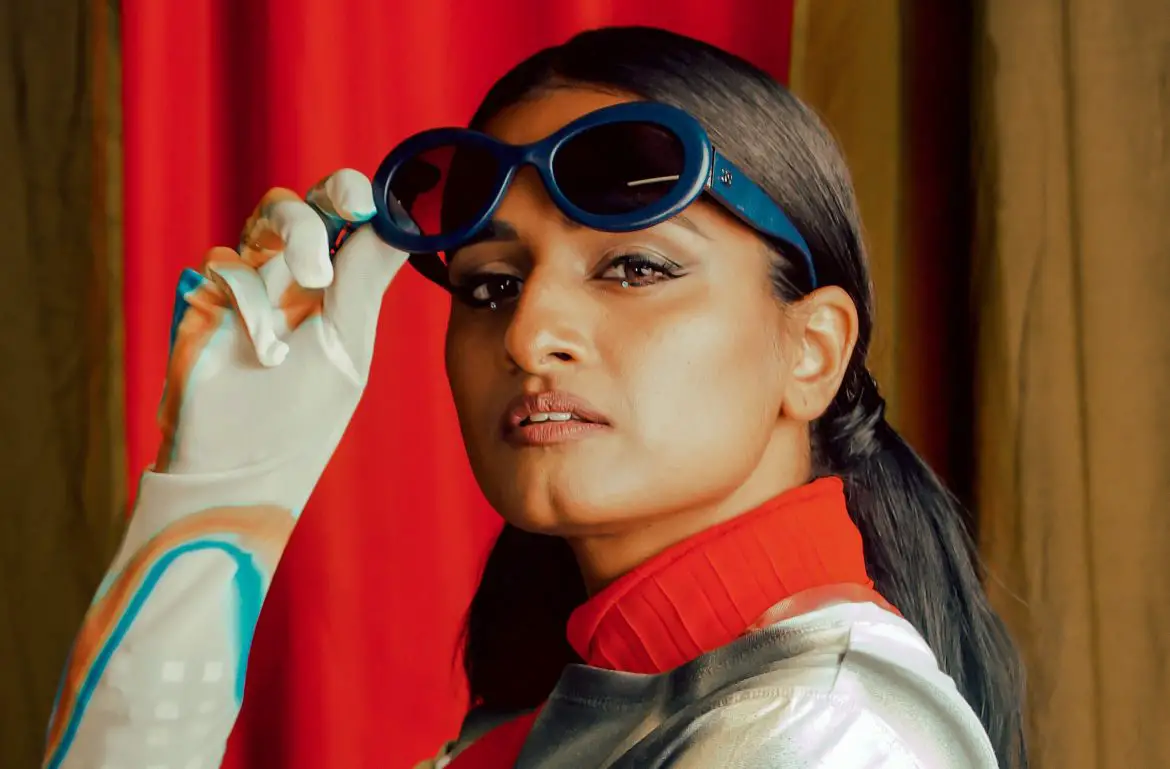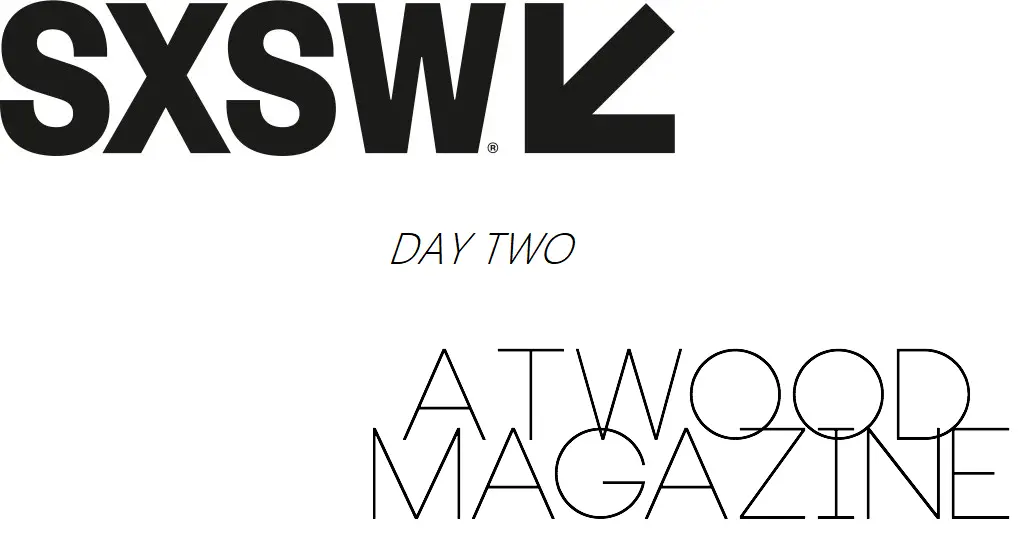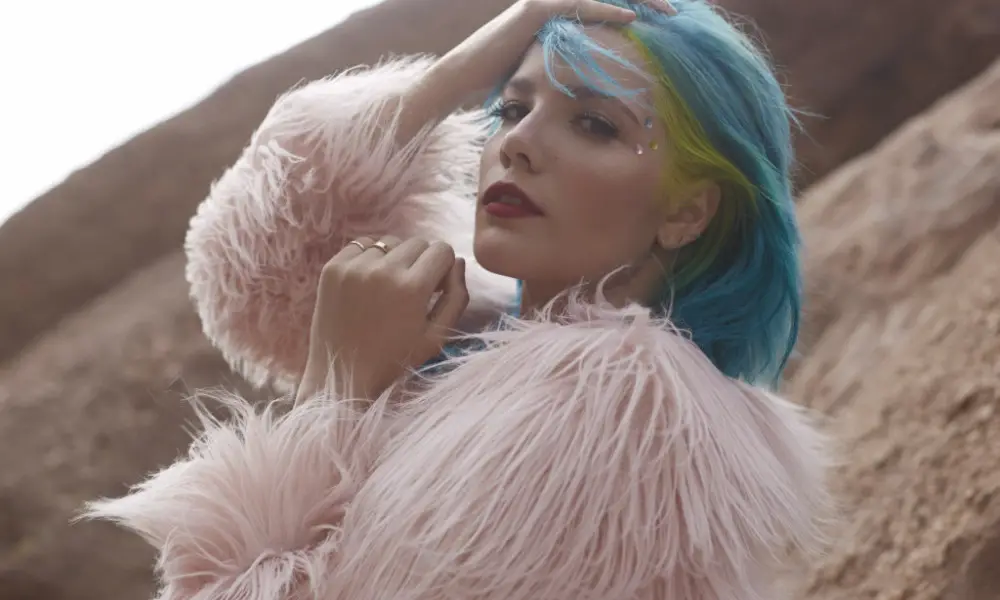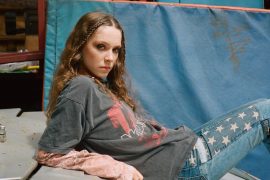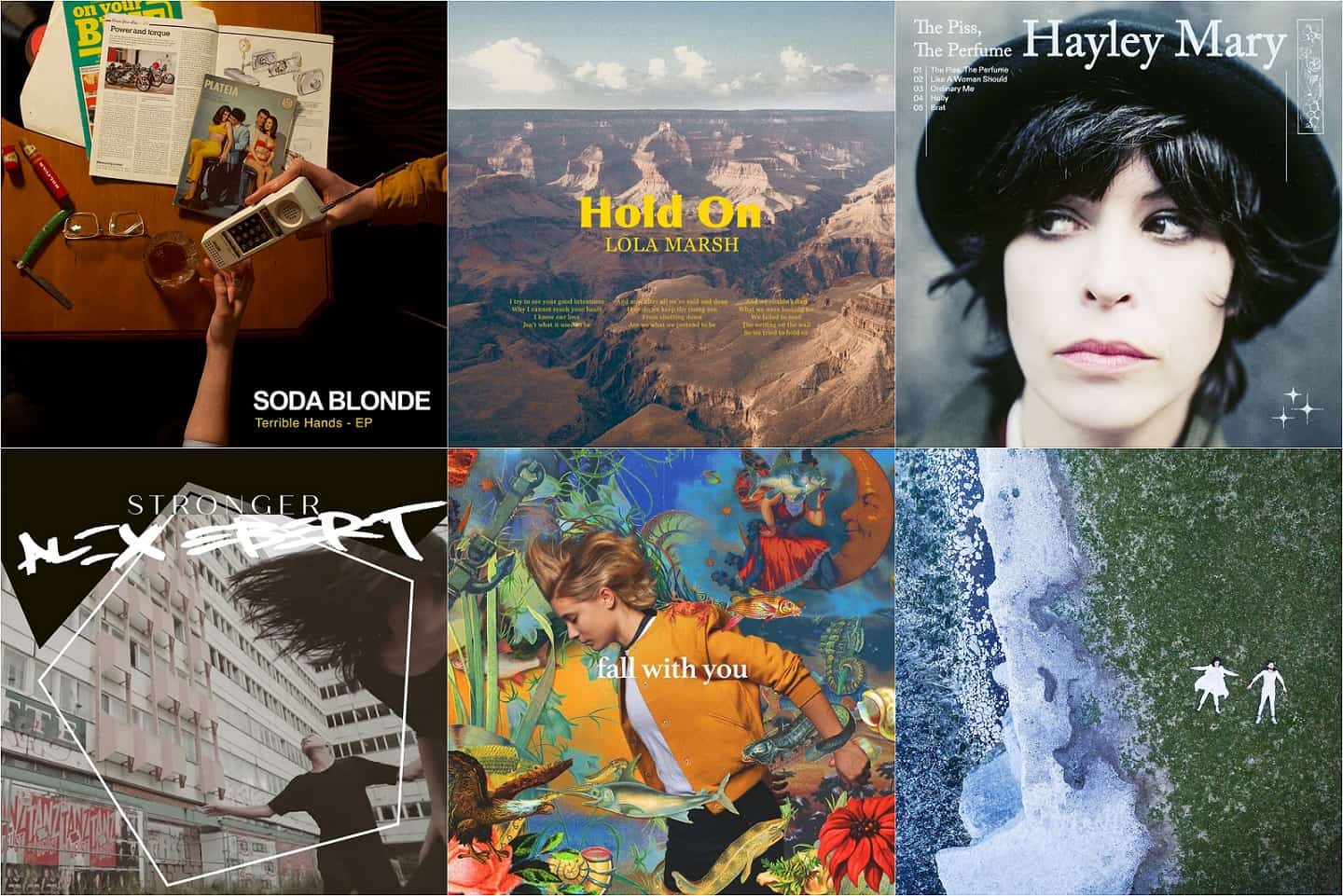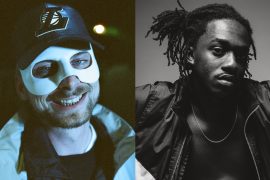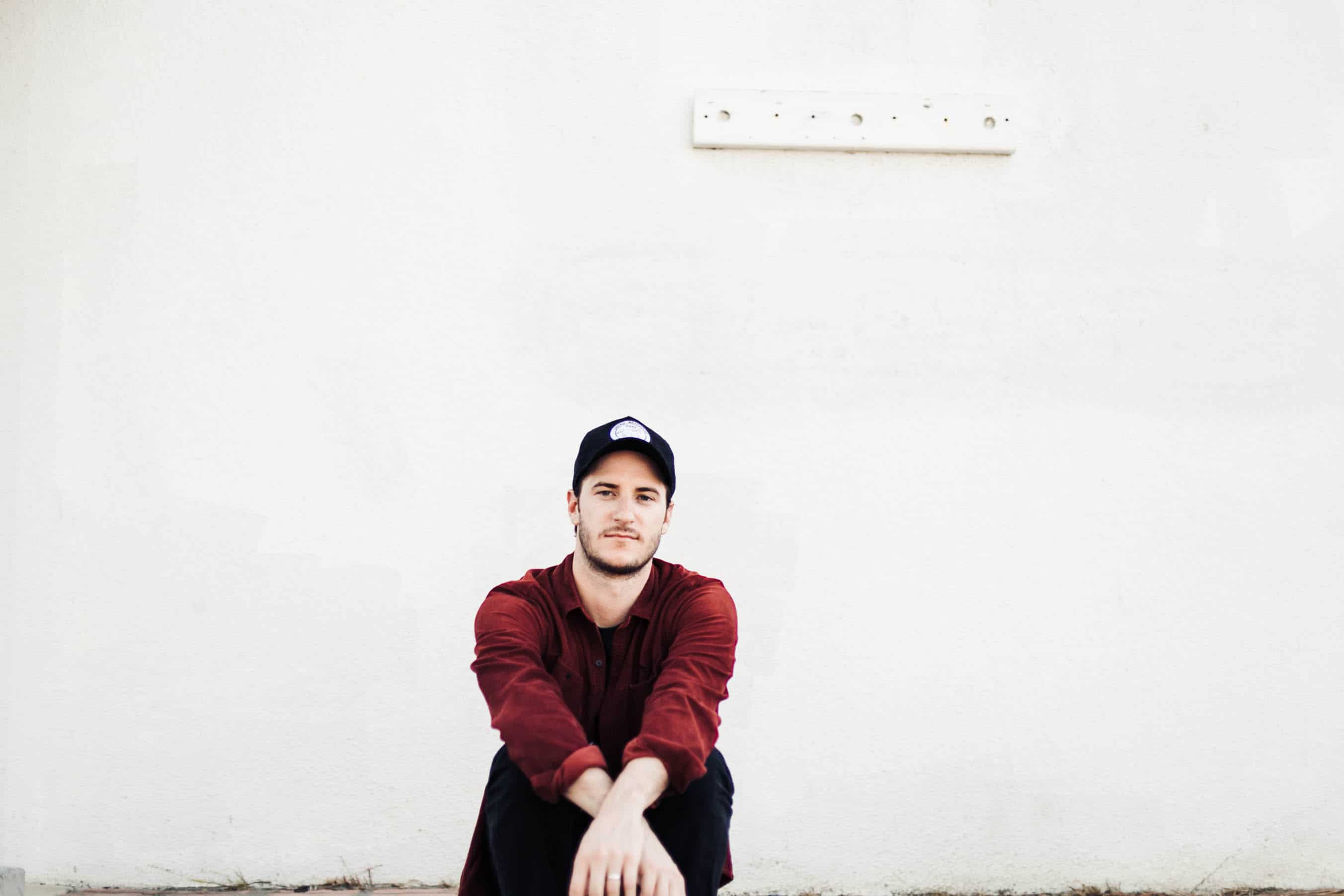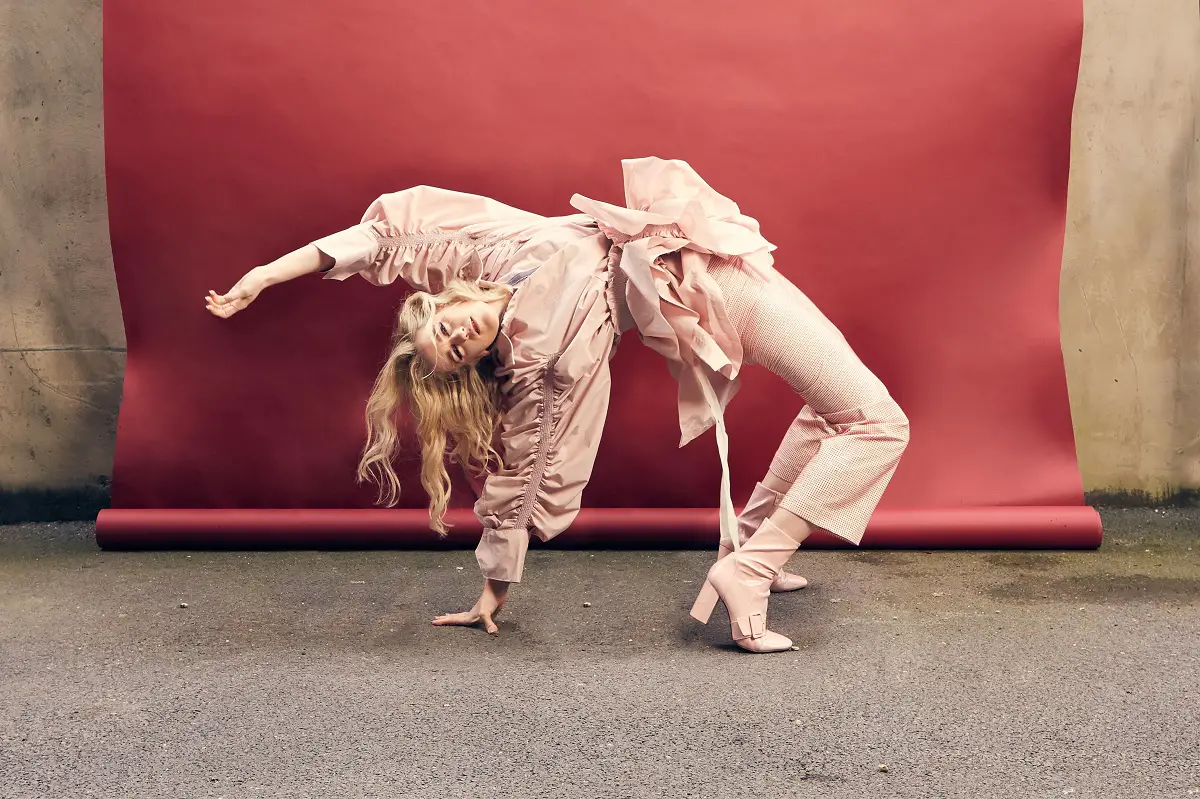Priya Ragu’s debut mixtape is a swirl of culture and color — infectious and addictive, it sizzles to the touch.
Stream: ‘damnshestamil’ – Priya Ragu
Two thirds of the way through Priya Ragu’s debut single, “Good Love 2.0,” the song’s bouncy R&B beat drops out and is replaced by a pounding halftime of bass and tablas. The clay drums, used for centuries in both classical and popular South Asian music, provide a deep resonance under Ragu’s silken vocal harmonies. It was in this shift that marked the Tamil-Swiss musician as someone who was doing something different. In the current landscape of R&B, minimalism is king — but Ragu offers a colorful maximalism, combining Western beats and melodies with the musical trappings of her Tamil culture. Ragu’s highly anticipated debut mixtape, damnshestamil, landed on September 3, 2021 via Warner Records, proving that the infectious sound of her singles was a staple of her musicianship.
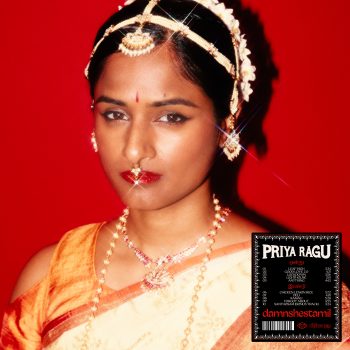
From the dense slide of harmonies on the album’s first moments (“Leaf High“) to the mournful ballad “Forgot About,” Ragu’s voice is the centerpiece. It is sweet and smooth, gliding confidently from rap verses to the melismatic croon of the album’s closer, “Santhosam,” sung entirely in Tamil and co-written with her parents. Her self-assured delivery is buoyed by her brother Japhna Gold‘s lush production; he, in fact, was the one to originally suggest they incorporate South Asian sounds into the music. Traditional flute winds its way through “Lighthouse,” while tablas once again provide the backbeat for “Deli,” a sensual slow jam about unrequited love. Album standout “Kamali” tells the story of a seven year old girl in India whose passion is skateboarding. Once again, the song combines elements of hiphop and R&B with a South Asian story, Ragu singing in both English and Tamil.
The mixtape’s accompanying music videos match the colors and energy of the music. The visuals for “Good Love 2.0,” “Kamali,” and “Chicken Lemon Rice” see Ragu often in traditional dress; the latter video was filmed in India, the Ragu siblings surrounded by an entourage of dancers and partiers — one man even painted the vibrant blue found in traditional images of Hindu gods. Representative of her philosophy on music-making, the song and video celebrates diversity and unity, celebrating individual cultures while coming together. Ragu’s world is a kaleidoscopic blend of influence and culture, and it’s put front and center for everyone to experience.
damnshestamil is a no-skip ride — each track brings something different, building on a bedrock of addictive melodies and beats. Though the word “mixtape” often implies something less polished than an album, the Ragu siblings couldn’t have created a better or more confident debut. “Oh you like it, when I sizzle like that,” Priya raps on “Chicken Lemon Rice,” and she’s right — once she starts, it’s impossible to look away. Atwood spoke with Ragu about her start in music, visiting Krishna temples in India, and leaps of faith.
— —
:: stream/purchase damnshestamil here ::
A CONVERSATION WITH PRIYA RAGU
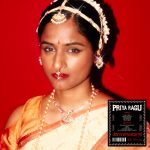
Atwood Magazine: How did music start for you?
Priya Ragu: It started when my dad picked my first instrument when I was seven years old, which was the violin. I was just so excited to go to class. On my second day, I was learning a song by ear, and I showed it to my teacher. And then she was like, “This is so great. You’re so special and talented.” And as a kid, you hear that and it’s just like the biggest thing ever, when you don’t hear those compliments in other subjects in school. I realized, “What if this is my superpower?” It was like, “Okay, maybe this is my thing.”
When you first started making your own music, what was the direction you wanted to go in? Did you always plan to include South Asian influences in your music?
Priya Ragu: So “Leaf High” was the first song I wrote. And that’s the direction I initially wanted to go, like, jazzy hip hop 90s vibe. But then it was not just me. It was also my brother’s [Japhna Gold] music, so he had his visions and I had mine. In the beginning, it was clashing. We didn’t know which direction to go and what kind of music we really wanted to do. He’s more experimental, more open-minded, where for me, it was like, “Saxophone has to be in it, flutes, and all these organic instruments.” It was a long back and forth with him, actually, to find the right sound, until I just surrendered and said, “Okay, you just do your thing. I’m just gonna trust you completely. Let’s see what comes out of it.” And that’s where he gained a lot of confidence. On “Lighthouse,” he switched the beat in the middle of the song. And I was like, “Okay, this sounds kind of crazy, but let’s do it.”
What do you think you’ve gotten from working on this music together?
Priya Ragu: We’re evolving musically together and still discovering our abilities as musicians and trying out new things. Like, when I started, I never thought about rapping. He was like, “Why don’t you try it?” So I did and liked it. We’re challenging each other and we see the potential in each other. And because we know each other so well, it’s easier to do music together.
You didn’t always have the support of your parents in this path – was there a moment where it clicked for them?
Priya Ragu: I think they always knew that we were meant to create, meant for something bigger than the office job that I used to do. For them, it was difficult to realize that not just one child, but both of [their] children were into music. At that time, it seemed very hopeless, because in Switzerland, it’s difficult to make a living out of music, especially if you don’t sing Swiss or German music. So at that time, I also thought, like, “Where’s my place? Who are my listeners? I’m a brown-skinned girl, doing R&B/soul music in English. And so what’s my market in Switzerland?” I never thought International. My parents were always like, “Yeah, do the music thing on the side. But keep your day job.” So now that everything has happened, they cannot believe it. But everything makes sense to them now.
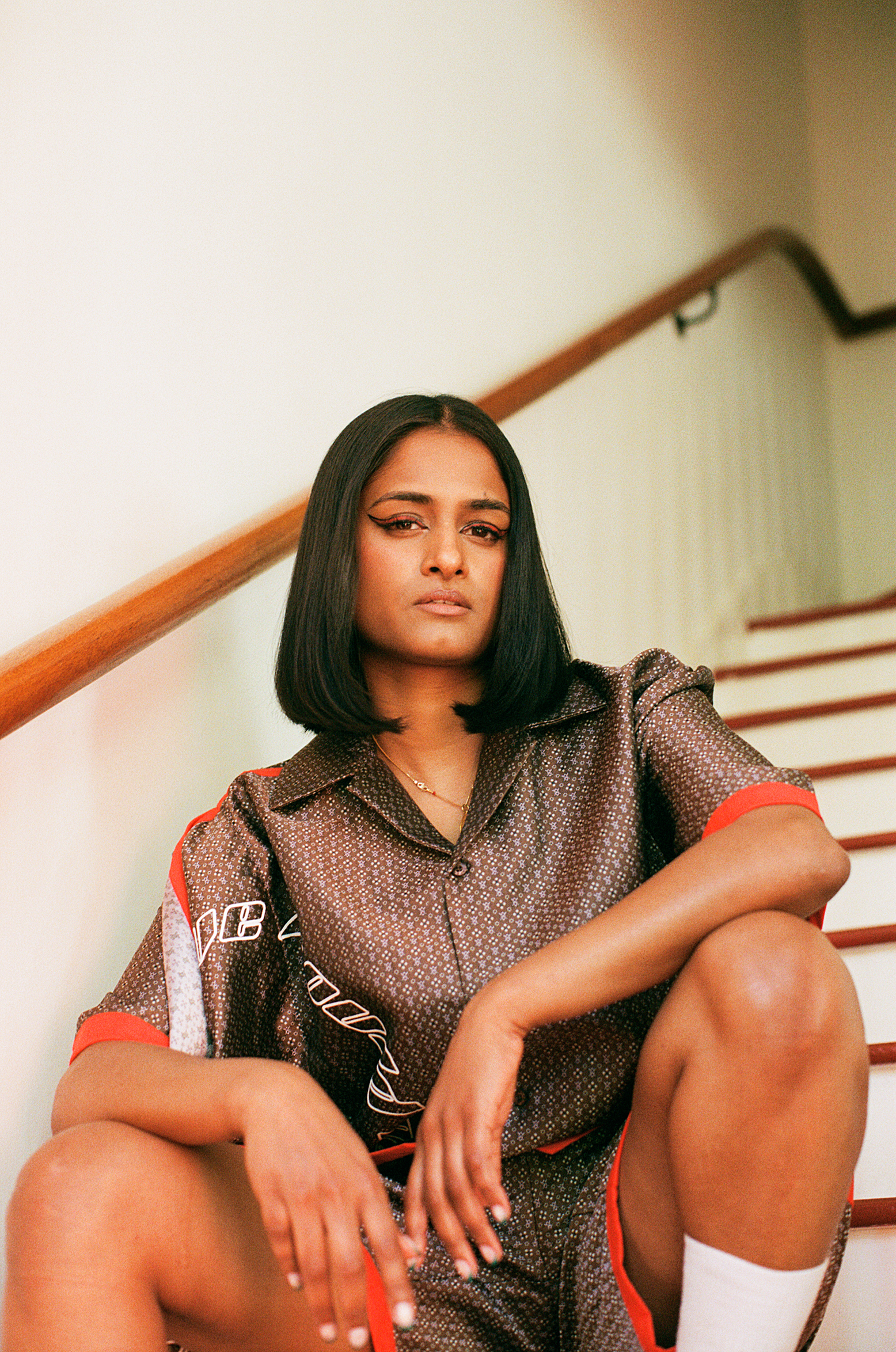
You quit your office job to become a full time musician. What did it require of you to make that leap? What were the conversations you had with yourself?
Priya Ragu: All my life, I always thought “I have time.” I knew that I had a talent, but I never really took it seriously. I never spent enough time to see what I could create or what my abilities were. People always used to tell me, “Wow, you have to do songs. When is your next album coming out?” like for years. And so at some point, it started to stress me out, and I would stop going to open mic jam sessions. I was suppressing that voice inside of me that said I could achieve something in music.
But I finally said, “Okay, if I don’t do it now, then I will never know.” At that time, I was also seeing somebody very special, and this person told me, “You have this gift, and you should go for it.” You know, when you’re in love, you’re like, “Okay, yeah, you’re right, I’ll just do it” [laughs]. So I just did it. I quit the job and went to New York. I was hanging around for the first few months buying clothes, drinking coffee. In the last month, I was like, “Okay, why am I even here? I have to do the songs.” The goal was to write 10 songs and then come back. So in that last month, I started on these songs and worked with Japhna over Skype back and forth, and that’s where it started.
You’ve said that this record is the most “pure and sacred work” you’ve put out. Expand on that sentiment.
Priya Ragu: Because when I decided to do music and went to New York, I was also on a spiritual journey. I was getting to know myself: Who am I? What are my strengths? So I started to write in my diary every day, all my thoughts and my insecurities. And then I gave myself answers to [the questions]. It was like a self-healing process at that time. Music and spirituality go hand in hand. And most of the songs are about trusting your intuition and going for the things that you love.
How is that spirituality woven into this music for you?
Priya Ragu: When you sit down and write a song the creative flow energy, or whatever you want to call it, flows through you and you create the songs. That is spirituality. Sometimes you write something or you’re on stage, and then you come offstage, and you’re like, “Who was that?” It’s that energy.
You had such an international upbringing – what are the non-musical things within your culture(s) that you think have influenced your music?
Priya Ragu: Definitely life experiences, movies…we grew up with Tamil movies. Every weekend, we would go to the store and rent a movie. That definitely influenced our music. But also trips to India. Our parents would always take us to temples. That’s where we got the idea for the chanting part at the end of “Lighthouse.” We were at a temple in India, standing in line to see Krishna. But it’s like, for four hours, you’re in line with a bunch of people, body to body and super tight. You cannot move. You just go with the current with small steps, and if you panic, there’s no chance you can get out of it. I went through all kinds of emotions [in that line]. Then somebody started to chant, and everybody went along and said, “Govinda Govinda!” I thought it was stupid, but then was like, “Okay, I have nothing better to do anyway.” So I just joined the gang [laughs]. Then the whole family was singing along. That gave us so much energy in that moment, and it was joyful. You just kind of surrender in that moment. And then time went by so quickly after that, because we enjoyed that moment. So we put that part at the end of “Lighthouse.”
Can you talk about the story behind “Kamali”
Priya Ragu: “Kamali” was a short movie that I’d seen about a year ago. Somebody sent it to me and was like, “Hey, you should do a music video with this little girl.” The movie is about this young skater girl. She’s the only one in her village. It was very moving to see that her mother was supporting her in pursuing skating, which only guys do. And in their village, to stand up for something and go against the whole village in that way and protect a child was so freakin’ powerful. [The mother] was also in a very abusive relationship, so she left that partner in order to provide a better life for her children. I showed it to my brother, and right away he started to write the song. We had to keep telling that story and speak to other Kamalis that are in the world.
Tell me about the bonus track, “Santhosam.”
Priya Ragu: In 2017, when I decided to just focus on music, a spiritual master came into our lives. He taught us how to meditate and how to do yoga. He lives in India. There’s a very strong connection with him. And so as a thank you, we created a song for him. “Santhosam” means happiness. The song was written by my parents; it was not originally meant for the mixtape. It was just a family thing we did. They wrote it, Japhna produced it, and I came up with the melody. But now it’s on the mixtape. It’s about finding happiness within yourself.
Does it feel like a full circle moment to have had your parents’ writing on the project?
Priya Ragu: It’s quite emotional, yes. The thought of listening to that song in years when they’re not here anymore. You hear my father singing along; that’s crazy.
You titled this mixtape damnshestamil, which puts your heritage front and center – in addition to the imagery and aesthetic of the whole thing. What do you want people to get from this?
Priya Ragu: I just hope that they can connect with it, even if it’s not something that they know. If I sing in Tamil, people won’t necessarily understand it, but they still are able to connect to it through the frequency. It’s about being able to connect and giving out a message to hear something new and not just because other people are doing it.
What songs on this record mean the most to you personally?
Priya Ragu: Probably “Kamali.” But then also “Lighthouse,” because light is the soul within you, and the house is the body that you’re living in. The song is like, whenever you lose hope, or lose track, just go inwards. Connect with yourself and you will find the answers. So it’s quite meaningful.
When I last spoke to you, I asked what your thesis as an artist would be, and you said “Create what you want to see.” Do you feel like you’ve accomplished that?
Priya Ragu: I feel like I am doing that, and it’s so fulfilling. I started off by creating what I wanted to see on TV. And it’s a lot of fun, because there’s so much still to discover in my Tamil culture, my Swiss culture. There’s so much to discover and to put out there, and that brings me a lot of joy.
What do you see yourself exploring next? Are there places you know you want to go?
Priya Ragu: I don’t have that vision to go somewhere. I just like letting me take me there. It’s more fun for me, because everything that is happening right now, it’s nothing that I’ve expected. So it’s more fun to go with the flow and live in the moment without expecting anything. And then when something happens, it’s like, “Well, this is amazing.”
— — — —

Connect to Priya Ragu on
Facebook, Twitter, Instagram
Discover new music on Atwood Magazine
? © Amir Hossain
:: Stream Priya Ragu ::

